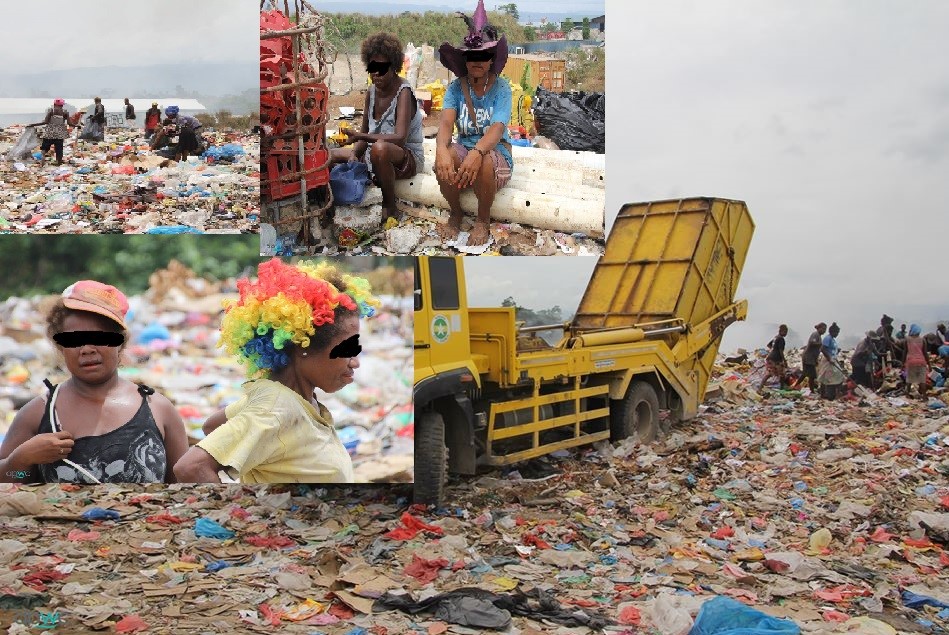BY JOHN CHRISMA – FREELANCE JOURNALIST
EVERY night, more than a dozen homeless squatters go to bed without adequate permanent housing and by day they work as scavengers under extremely unhealthy harsh conditions at the Ranadi dumpsite in Honiara.
That figure is currently unknown and it might increase in the future if they can be included in the form of the community health survey. The living situations of these individuals can vary greatly, ranging from sleeping in make-shift shelters to single mothers and their children with health problems.
To best serve the homeless population in the isolated and underprivileged community of Honiara, a former resident of the dumpsite, Jerry Junior Ologa highlighted the vital importance to engage local health workers to undertake a community health survey to address the health issues associated with the underserved populations of Ranadi dumpsite.
Mr. Ologa, 38 from Malaita province said such a survey will help identify risk factors for communicable and environmental diseases, work-related illnesses and injuries among underserved populations.
“There are babies or children, who have suffered from malnutrition and lose weight etc…therefore a community health survey is a right method to address the problem at the Ranandi dumpsite.
“We live in an ill-fated environment here in the squatter, and we survived with outdated food almost every day.
“We made our daily living by racing for food upon every arriving garbage truck at the rubbish dumpsite, which I understand this is not good for our health,” Mr. Ologa added.
He is calling on governmental health authorities to at least assess the underserved population of the Ranadi dumpsite in Honiara.
“Such a health survey is critical to find health solutions of underserved populations such as the minority of the population experiencing homelessness and scavenging for a living,” Ologa said.




